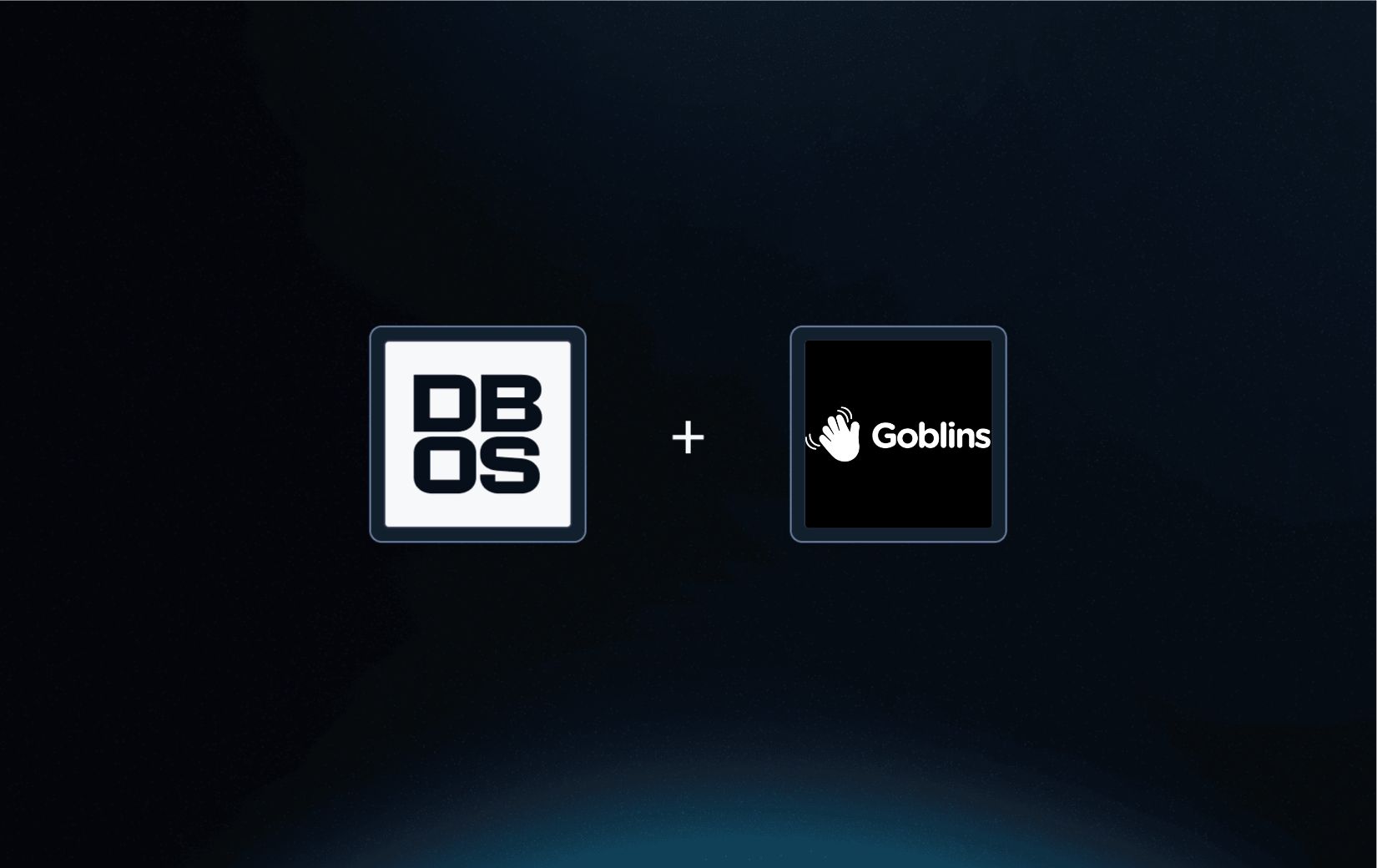

Goblins is an education technology company that uses generative AI to provide one-on-one math tutoring to students. Used by thousands of teachers and students, it speeds up math learning by enabling students to solve problems by drawing, speaking, or typing, and providing feedback and coaching in real time, which feels as natural as working with teachers one-on-one.
The Goblins math tutoring system executes AI workflows to generate lesson plans, provide interactive feedback to students, report back to teachers, and detect misconduct. Goblins also executes operational workflows to support various parts of the business like market research and sales.
Goblins originally used Inngest to handle durable workflow orchestration, but orchestrating workflows from an external server introduced performance overhead that was prohibitively costly. Because each step required a round of communication with Inngest’s cloud, workflows that executed in 2-3 seconds on their own took over 9 seconds to run on Inngest. The performance issues reached a breaking point when an outage created a backlog of queued workflows, and Inngest was unable to catch them up.
Goblins’ search for a replacement to Inngest quickly led them to DBOS, and they were able to get critical workflows running on DBOS in under a day—with the full migration completing over a weekend. These are the durable workflow orchestration capabilities that were important to Goblins:
Fast performance - Unlike Inngest and Temporal, DBOS does not require an external server to execute workflows. Instead, it provides durable execution through a lightweight Postgres-backed library. Instead of a round trip to a remote cloud orchestrator (hundreds of milliseconds), a DBOS step simply requires a database write (~1 millisecond). Thus, adopting DBOS simplified the Goblins architecture and eliminated the poor latency they experienced with Inngest.
Observability - Goblins needs visibility into system behavior and student interactions. For example, why didn't a student get evaluated for what they were supposed to? The DBOS Conductor console makes this visibility easy for them. They can see which workflows failed and why, even in nested workflows. This makes debugging, and AI research more productive.
Idempotency - Handling LLM interactions efficiently is important to Goblins. DBOS idempotency primitives make it easy to ensure exactly-once execution or exactly-once within a certain time period. It helps Goblins keep LLM costs down by not repeating requests they've already made.
It took under a month for Goblins to migrate their production services from Inngest to DBOS. The result has been better system performance and easier development.
“DBOS makes it dead simple for our engineering team to build reliable, low-latency experiences for students and educators."
Alp Karavil, Goblins CTO and Co-founder
AI systems like Goblins, that work with LLMs, experience a lot of nondeterminism. This unpredictability complicates development and error handling. DBOS makes it easy for developers to deal with nondeterminism.
“Being able to have local caching for a specific workflow through the use of steps is really helpful as it keeps everything deterministic going forward in case the workflow has to re-run after a failure (and yes, it also helps with costs!)”
Discover why brands are turning to DBOS for reliable and observable programs.
Add a few annotations to your program to make it resilient to any failure.